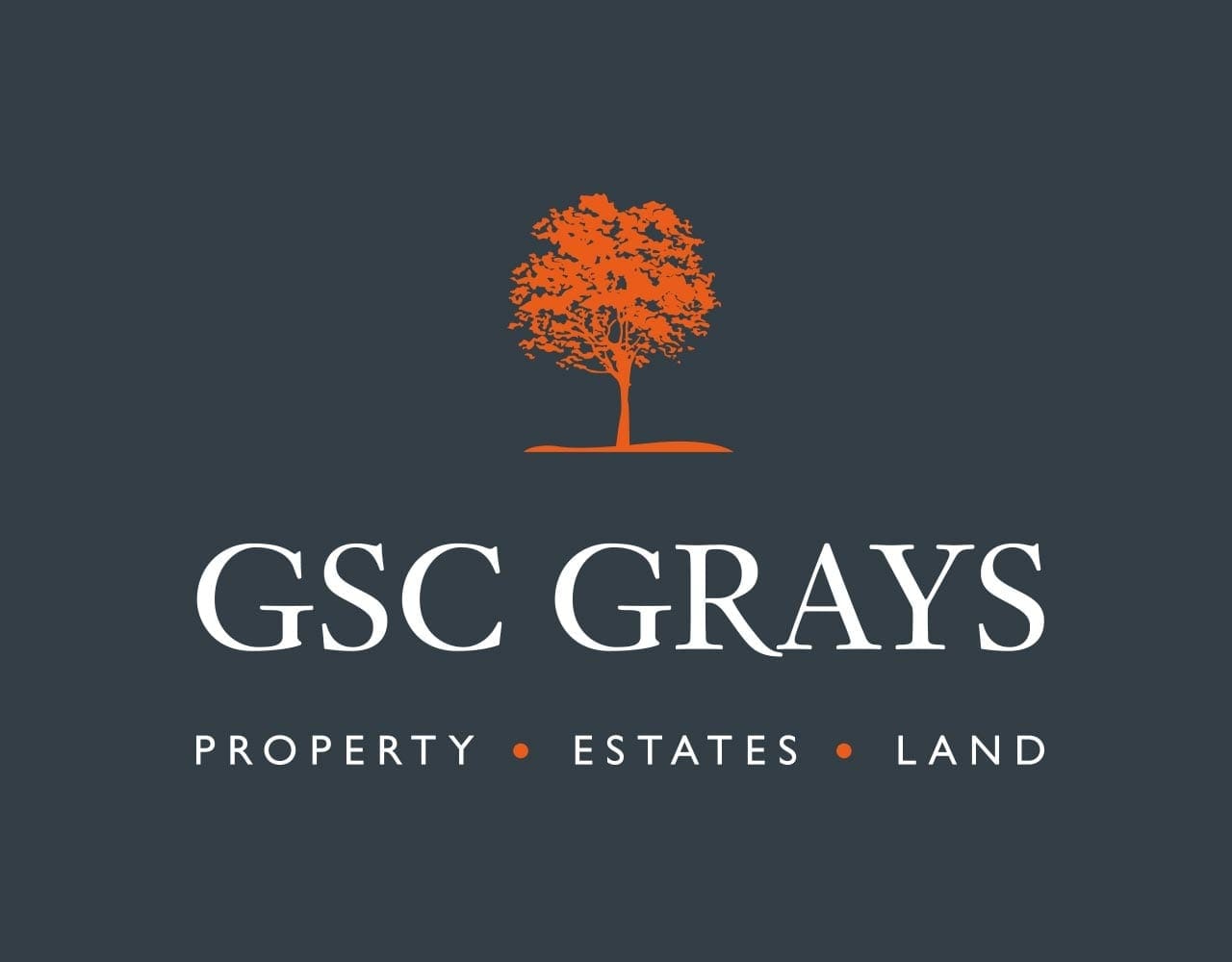Contact our offices
Main office
COLBURN
5 & 6 BAILEY COURT
COLBURN BUSINESS PARK
RICHMOND
NORTH YORKSHIRE
DL9 4QL
Estate Agency Offices are located in
BARNARD CASTLE, BOROUGHBRIDGE & RICHMOND
Residential Management Team
Our Offices
- Alnwick
01665 568310
Email Officealnwick@gscgrays.co.uk - Barnard Castle
01833 637000
Email Officebarnardcastle@gscgrays.co.uk - Boroughbridge
01423 590500
Email Officeboroughbridge@gscgrays.co.uk - Chester-Le-Street
0191 3039540
Email Officechester-le-street@gscgrays.co.uk - Colburn
01748 897630
Email Officecolburn@gscgrays.co.uk - Driffield
01377 337180
Email Officedriffield@gscgrays.co.uk - Hamsterley
01388 487000
Email Officehamsterley@gscgrays.co.uk - Hexham
01434 611565
Email Officehexham@gscgrays.co.uk - Kirkby Lonsdale
01524 880320
Email Officekirkbylonsdale@gscgrays.co.uk - Penrith
01768 597005
Email Officepenrith@gscgrays.co.uk

Budget Damp Squib
The Chancellor Philip Hammond’s 2017 Spring Budget on the 8th March 2017 was a bit of a damp squib and is the first of two Budgets scheduled in 2017, arriving little more than 3 months after the Autumn Statement.
Specific points of note included:-
- A 1% increase in the main Class 4 National Insurance Contributions (NICs) rate to 10% for 2018/19 and a further 1% addition to 11% for 2019/20. In a significant subsequent U-turn, the Government has agreed to consult further before introducing this measure.
- A reduction in the dividend allowance from £5,000 to £2,000 from 2018/19.
- A 1 year deferral in the start date for Making Tax Digital (MTD) for unincorporated businesses and landlords whose turnover is below the VAT threshold (£85,000 from the 1st April 2017).
- An increase in the personal allowance from £11,000 to £11,500 for 2017/18 and a corresponding rise in the higher rate threshold to £45,000. Basic rate income tax of 20% on income up to £33,500. Higher rate of 40% on income over £33,500
- The annual Capital Gains Tax exemption for individuals and personal representatives rising to £11,300 for 2017/18. Capital Gains Tax rates are 10% for standard rate/income tax basic rate payers and 20% thereafter. Higher rates of 18% and 28% apply for certain gains such as residential properties, which do not qualify for private residence relief. The rate for disposals qualifying for Entrepreneur’s Relief remains at 10% with a lifetime limit of £10 million for each individual.
- The Inheritance Tax nil rate band remains at £325,000 (£650,000 for couples) with tax payable at 40% above the threshold. However, an additional allowance of £100,000 will be introduced for the 2017/18 Tax Year in relation to current or former residences with an increase of £25,000 per Tax Year up to £175,000 in 2020/21.
- The Ministry of Justice is proposing to introduce a Probate fee structure for applications based on the value of the Estate in order to help raise an extra £250 million a year to fund the Courts and Tribunal Service. Currently there is no fee payable for applications for grants of probate under £5,000. Despite widespread opposition during the public consultation phase the proposal is to raise the threshold to £50,000 and to have a sliding scale as follows:-
| Value of Estate | Proposed Fee |
| Up to £50,000 exempt | £0 |
| £50,000-£300,000 | £300 |
| £300,000-£500,000 | £1,000 |
| £500,000-£1,000,000 | £4,000 |
| £1,000,000-£1,600,000 | £8,000 |
| £1,600,000-£2,000,000 | £12,000 |
| Over £2,000,000 | £20,000 |
- Current fees stand at £215 for individual applications and £155 for those applying for Probate through a solicitor.
- Stamp Duty Land Tax remains unchanged as follows:-
| Residential | Rate | Non- Residential | Rate |
| £0-£125,000 | 0% | £0-£150,000 | 0% |
| £125,001-£250,000 | 2% | £150,001-£250,000 | 2% |
| £250,001-£925,000 | 5% | Over £250,000 | 5% |
| £925,001-£1,500,000 | 10% | ||
| Over £1,500,000 | 12% |
- Stamp Duty rates may be increased by 3% where further residential properties costing £40,000 or more are acquired with SDLT charged at 15% on interests in residential dwellings costing more than £500,000 purchased by certain non-natural persons.
- Corporation Tax will be reduced from 20% to 19% on the 1st April 2017.
- From the 6th April 2017 landlords will no longer be able to deduct all of their finance costs from their property income and will instead receive a basic rate reduction from their income tax liability for finance costs. 75% of finance costs will be allowed in the 2017/18 Tax Year, 50% in 2018/19 and 25% in 2019/20.
- The standard rate of Insurance Premium Tax (IPT) will rise from 10% to 12% from the 1st June 2017.
- The VAT registration threshold will be increased from £83,000 to £85,000 from the 1st April 2017 with the de-registration threshold going up from £81,000 to £83,000.
- Individual Savings Accounts (ISAs) will increase from £15,240 to £20,000 in 2017/18. A new lifetime ISA will be available from April 2017 for adults under 40 years of age allowing individuals to contribute up to £4,000 per year between the ages of 18 and 50 and receive a 25% bonus from the government. Funds including the Government bonus can be utilised to buy a first home at any time from 12 months after opening the account and can be withdrawn from the age of 60 completely tax free.
- The introduction of a new 25% tax charge on transfers to qualifying recognised overseas pension schemes.
Whilst the Chancellor Philip Hammond emphasised in his speech that a “strong economy needs a fair, stable and competitive tax system creating the growth that will underpin the Country’s future prosperity”, the general consensus is that the Autumn 2017 Budget is likely to see more significant changes from a taxation perspective. In the meantime, some of the changes introduced will impact on the property market and if you think that you will be affected by any aspect of the budget you should take appropriate professional advice.
[team-member name=”Ashley Dodgson”]










